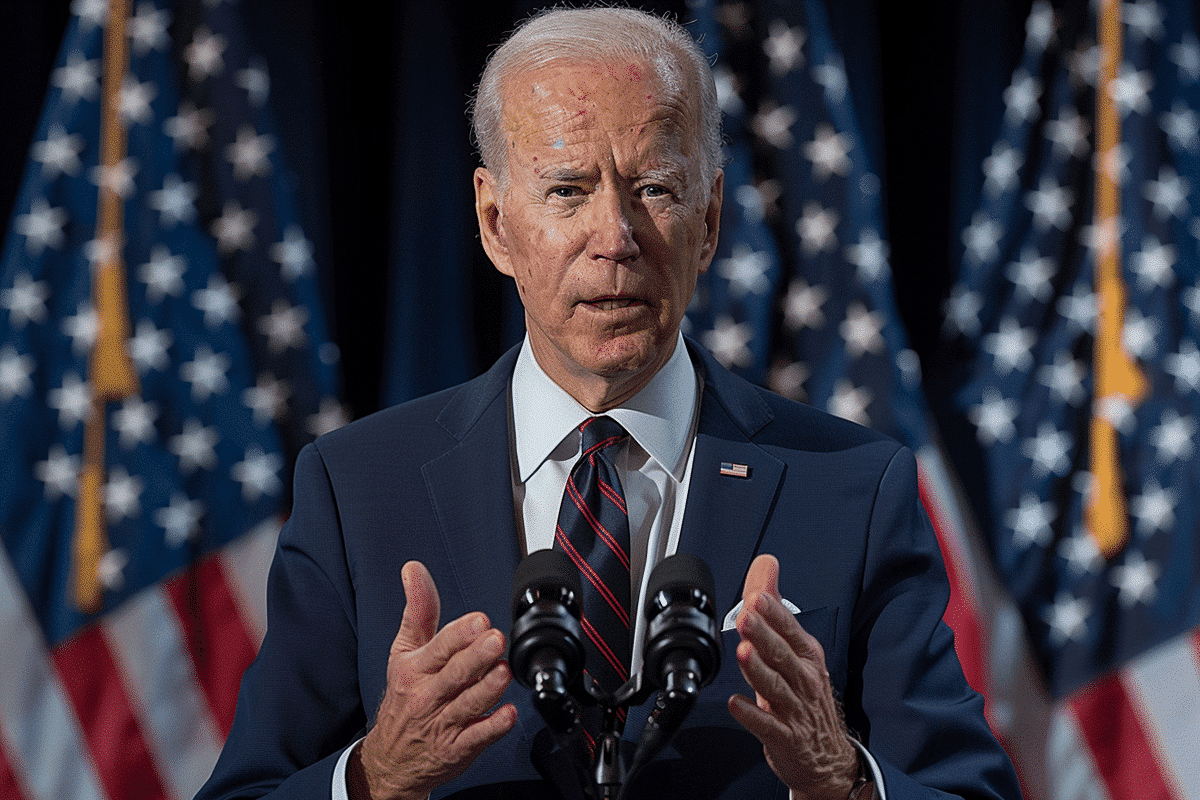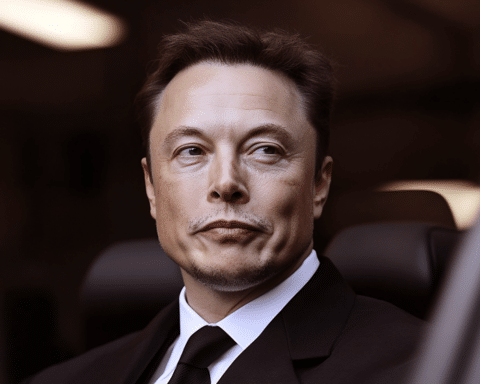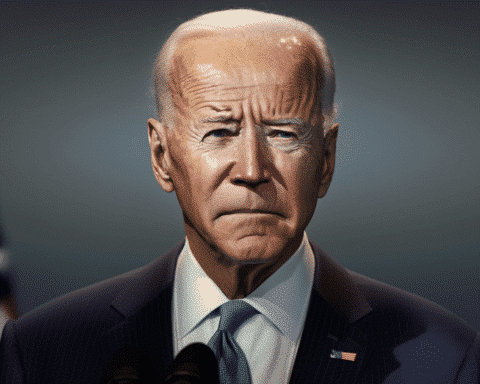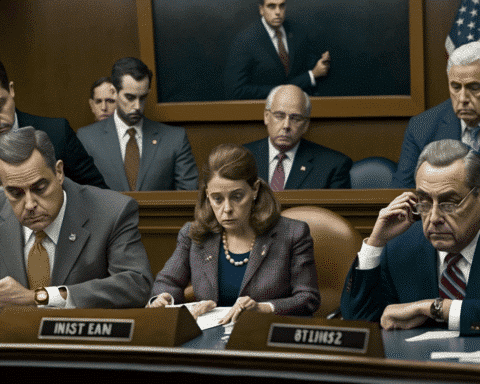President Joe Biden has pledged substantial commitments to strengthen the U.S. steel industry, demonstrating a firm approach to trade policy geared towards safeguarding American manufacturing interests. In an effort to garner the backing of working-class voters, especially in crucial swing states such as Pennsylvania, the Biden administration has detailed strategies to prevent the takeover of U.S. Steel by a Japanese corporation and triple tariffs on steel imported from China.
During a visit to the headquarters of the United Steelworkers, President Biden reiterated his commitment to preserving the American identity of U.S. Steel, emphasizing the company’s longstanding history as an iconic American institution. He pledged to ensure that U.S. Steel remains American-owned and operated by unionized steelworkers, framing the move as essential for safeguarding national interests and preserving jobs in the domestic steel industry.
The administration’s determination to thwart the proposed acquisition of U.S. Steel by Japan’s Nippon Steel reflects its broader strategy to protect American manufacturing from what it perceives as unfair trade practices abroad. President Biden’s announcement of plans to triple tariffs on Chinese steel and aluminum further underscores this approach, as the administration seeks to insulate domestic producers from a flood of cheap imports.
The proposed tariff increase, from the current rate of 7.5% to 22.5%, is intended to address concerns about China’s industrial overcapacity and its impact on global steel markets. The Biden administration argues that higher tariffs will not only protect American steelworkers from unfair competition but also bolster national security by preventing the transfer of advanced technologies to China, which could undermine U.S. interests.
In addition to imposing higher tariffs, the administration has vowed to pursue investigations against countries and importers that attempt to saturate existing markets with Chinese steel. This includes efforts to address China’s dominance in key sectors such as maritime, logistics, and shipbuilding, which have been targeted for investigation by the U.S. Trade Representative’s office.
China, which produces approximately half of the world’s steel, has been accused of distorting global markets through subsidies and dumping practices. The Biden administration’s decision to take a tougher stance on China’s trade practices reflects growing bipartisan concerns about the impact of Chinese industrial policies on American industries.
While the proposed tariff increase has been welcomed by U.S. steelmakers and labor unions, some experts caution that higher tariffs could carry significant economic risks. Critics argue that increased tariffs could lead to higher prices for consumers and potentially fuel inflation, posing challenges for President Biden’s economic agenda.
The administration’s move to block the acquisition of U.S. Steel by a foreign company and its plans to triple tariffs on Chinese steel come amid a broader debate about the future of U.S. trade policy. President Biden’s approach, which combines protectionist measures with efforts to address unfair trade practices, echoes some elements of former President Donald Trump’s trade agenda.
However, the Biden administration has sought to distinguish its approach by emphasizing the importance of multilateral cooperation and diplomacy in addressing global trade challenges. Despite criticism from China and concerns about the economic impact of higher tariffs, the administration remains steadfast in its commitment to protecting American manufacturing and preserving jobs in the domestic steel industry.
As President Biden continues his three-day swing through Pennsylvania, his message on trade policy is likely to resonate with voters in key battleground states, where concerns about the future of American manufacturing remain high. With the 2024 election on the horizon, the administration’s stance on trade policy could play a pivotal role in shaping the political landscape in the months ahead.




